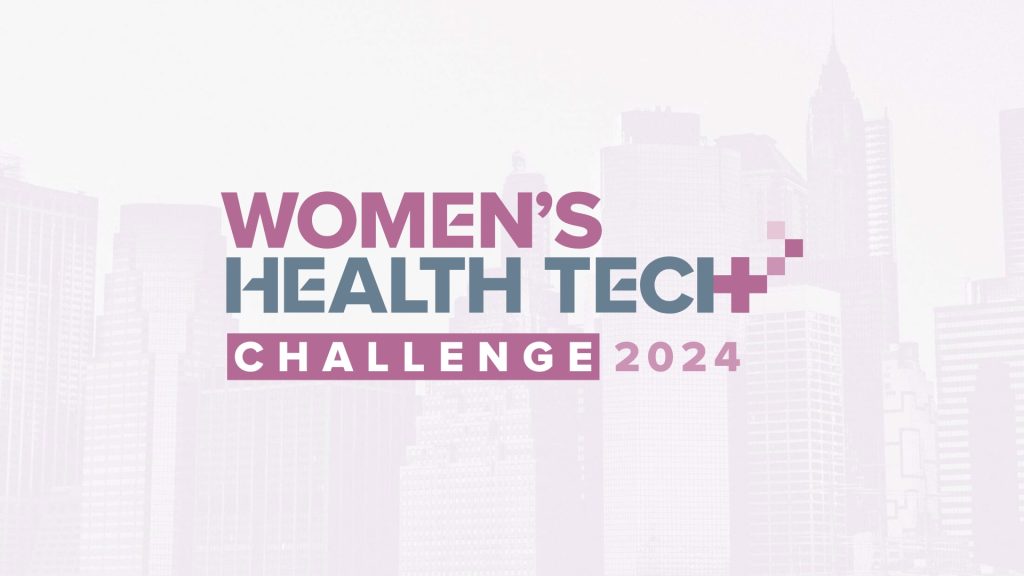HITLAB and Versalie are proud to announce the winners of the HITLAB x Versalie Challenge, a groundbreaking competition dedicated to identifying digital health solutions that...
Publication Archives
Women’s Health Tech
HITLAB and Versalie proudly announce the top three finalists for their women’s health innovation challenge, a competition seeking innovative digital health solutions for menopause....
HITLAB is proud to announce the final winners of the 2024 Women’s Health Tech Challenge, a prestigious competition designed to recognize and reward innovators developing...
HITLAB is excited to announce the six finalists for the 2024 Women's Health Tech Challenge (WHTC), selected from a highly competitive pool of innovative digital...
HITLAB, a leading healthcare innovation lab, is thrilled to announce a collaboration with the Versalie™ brand to introduce a pioneering competition focused on women’s health,...
HITLAB is excited to announce the launch of its Fall 2024 Breakthrough Alliance Challenge, a global competition designed to identify and support innovative digital health...
HITLAB, a leading healthcare innovation lab, announces its partnership with Goodwin, a global law firm, to accelerate women's health technology advancements through the 2024 Women's...
New York, NY, June 25, 2024 – HITLAB, a leader in health technology innovation, is thrilled to announce the launch of this year’s Women’s Health...
The escalating prevalence of neurological disorders presents a growing challenge for healthcare, particularly in an aging population. Early diagnosis is crucial for effective treatment, but...





